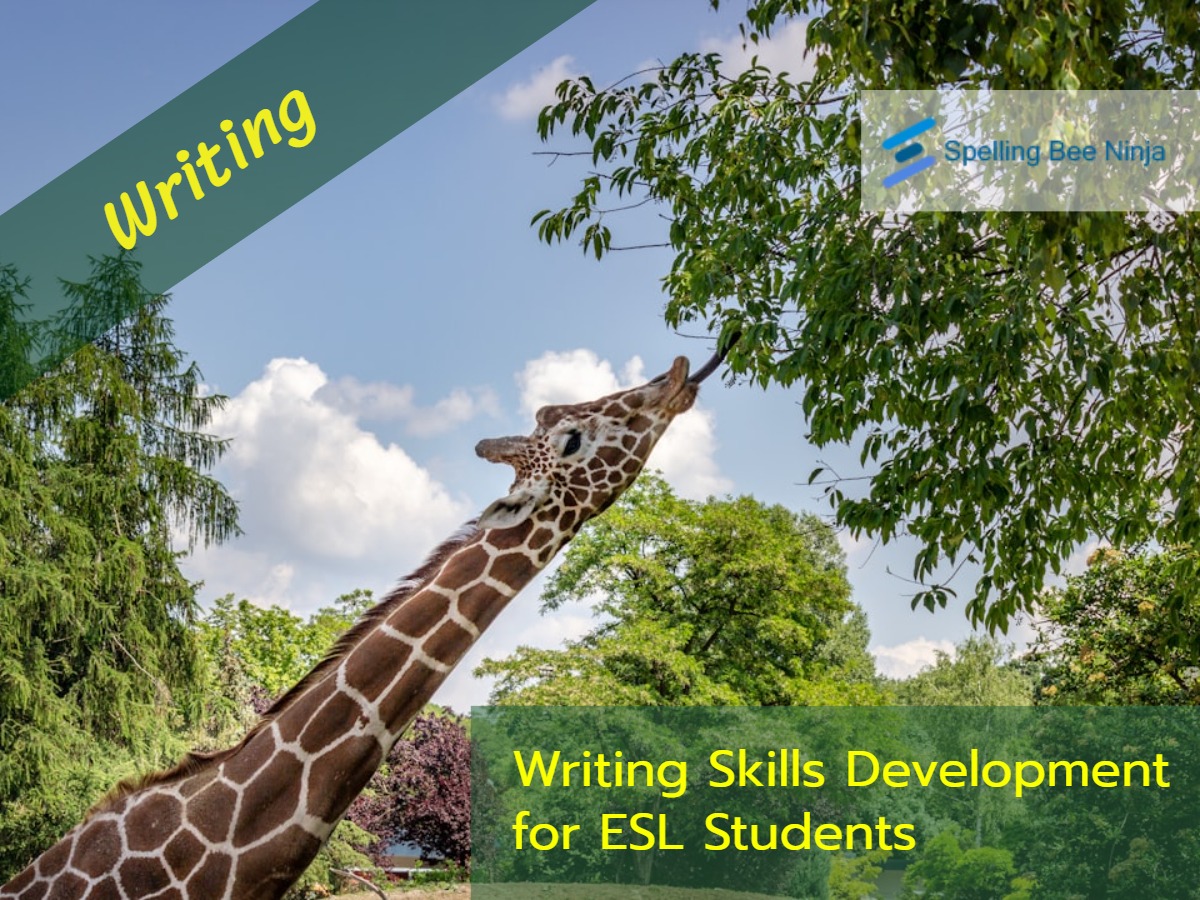Introduction
Writing is an important skill for students and professionals. That, in turn, assists in communicating, learning, and advancing your career. This is especially essential for ESL learners, as the rhythm of English writing may not be the same as in their language. Other difficulties are grammar, the structure of sentences, and clarity.
To make good writing takes practice and the right strategies. In this article, learn student tips for refining writing. It contains exercises, techniques, and professional tips. In case you still have challenges with writing, the ghost writer comes to the rescue. This can be instructive for structure, grammar, and style.
The stronger your skills in your writing, the better. With some hard work and a few key strategies, anyone can improve. So let’s examine how we can create crisp and clear writing.
Current Challenges in ESL Writing Proficiency
Decline in Writing Proficiency Post-Pandemic
ESL (English as a second language) students are writing less now. Learning was more difficult for many students during the pandemic of COVID-19. School closures and online classes also cut back on writing practice.
Research from the Institute of Education Sciences indicates that English-language proficiency scores have declined. It includes students in late elementary school and middle school. Many still have yet to return to the writing level they had before the pandemic.
The primary reasons is no practice and minimal teacher feedback. I let students know there would be no more creative writing because if they would not write, I would not write either. With the right methods, improving these skills is well within reach, but it does require work.
Importance of Addressing Writing Skills
Good writing skills best prepare students for success in school and at work. They are essential to ensure clear communication.
Provide structured strategies for ESL students to build academic skills for improvement. You have to learn proper grammar, sentence structure, and organization in school. Repeated practice and feedback build confidence.
We will share helpful tips for ESL students in the next sections. They will simplify the writing process and make it more productive.
Effective Strategies to Improve Writing Skills
Understanding Grammar and Sentence Structure
Good writing is built on grammar. It guides writers into writing clear, correct sentences. Without good grammar, it is difficult to make sense of ideas.
ResearchGate studies suggest that teaching grammar directly helps ESL students write better. So they write with greater confidence because they know the sentence structures.
You can also make use of grammar-checking tools. Tools such as Grammarly and Hemingway Editor flag mistakes in your writing and offer feedback on improvements to make. They assist students in correcting mistakes and embellishing clarity. Frequent use of these resources is the simplest way to learn grammar.
Developing a Strong Writing Structure
The Essay is the single most important part of your application, and it should be a pleasure to read. Planning your ideas before starting the writing process creates a clearer context and saves time.
Here are a few student tips that may help:
- Start with an outline. Ensure the main points are listed before writing.
- Use clear paragraphs. Each paragraph centers on one idea.
- Follow a structure. Like reports, most essays have an introduction, body, and conclusion.
Some students have a tough time with structure. Perhaps working with a ghost writer can lead you in the right direction. This will clarify your writing as well as organize it well, a professional writer can help in this regard. It helps the writing flow and makes it more compelling.
Practical Exercises to Enhance Writing Skills
Daily Writing Practice
Not all ESL freelancers can write every day. With regular practice, you will gain confidence and fluency.
Below are some simple exercises that can help:
- Keep a journal.Write about daily experiences.
- Summarize articles. Retell news articles or book excerpts in your words.
- Describe pictures. Write detailed sentences explaining what you see.
Writing helps students think in English. It just becomes more natural to write over time.
Peer Review and Feedback
Writing is improved by receiving feedback from others. Peer review helps students recognize their mistakes.
It can help to join writing groups or workshops. These lend support and guidance. Teachers and fellow students can highlight mistakes and offer ways to fix them.
Collaborating with peer neighbors helps students make varying writing styles. Learning how others write inspires new ideas.
Reading as Part of Your Writing Practice
Reading more can help you a better writer. SCIRP studies show that students who read often do write better.
It helps one with their vocabulary and sentence structure as well. It also allows learners to understand what good writing looks like.
Here are some reading tips:
- Read different types of texts. Experiment with news articles, books, and essays.
- Take notes on new words. Use them in your writing.
- Summarize what you read. That also aids in comprehension and writing fluency.
Advanced Writing Techniques for ESL Students
Mastering Different Writing Styles
Different situations need different writing styles. Learning these styles helps ESL students write better.
Types of writing:
- Academic writing.Used in essays and research papers. It is formal and structured.
- Creative writing.Used in stories and poetry. It focuses on imagination.
- Business writing.Used in emails and reports. It is clear and professional.
Practicing each style helps students adapt to different writing needs.
Editing and Proofreading
Good writing needs editing. The first draft is never perfect.
Students should always review their work. Self-editing techniques include:
- Reading aloud. This helps spot awkward sentences.
- Using proofreading tools. Grammarly and Hemingway Editor can catch mistakes.
- Taking breaks before editing. A fresh mind sees errors more easily.
For extra help, some students use professional editing services. Checking the ghostwriter preis can help find affordable options.
Resources for Further Improvement
Many websites offer free writing lessons and how to improve writing skills for ESL students. Platforms like BBC Learning English provide structured exercises and grammar lessons. These help students improve writing skills through interactive activities.
Other useful resources include:
- Grammar websites for learning rules.
- Writing apps to track progress.
- Online courses for advanced writing techniques.
Here’s a table with actionable websites:
| Category | Website | Description |
|---|---|---|
| Grammar & Sentence Structure | grammarly.com | AI-powered grammar and style checker |
| hemingwayapp.com | Tool for improving readability and sentence clarity | |
| Writing Practice & Exercises | dailywritingtips.com | Daily writing tips and exercises |
| journalbuddies.com | Writing prompts and journaling ideas | |
| Peer Review & Feedback | scribophile.com | Online writing community for feedback and critique |
| writerscafe.org | Writing group for sharing and reviewing work | |
| Reading for Writing Improvement | gutenberg.org | Free ebooks for diverse reading practice |
| bbc.co.uk/learningenglish | English learning resources with writing exercises | |
| Editing & Proofreading | prowritingaid.com | Writing analysis tool for grammar and style |
| slickwrite.com | Checks grammar, style, and readability | |
| Professional Writing Assistance | upwork.com | Platform for hiring professional ghostwriters |
| fiverr.com | Freelancers offering writing and editing services |
Conclusion
Improving writing takes practice and effort. Student tips like daily writing, peer feedback, and reading help ESL learners grow.
Each strategy in this article makes writing easier. With the right methods, anyone can improve.
Strong writing skills open doors to success. Keep practicing, stay patient, and enjoy the learning process!


